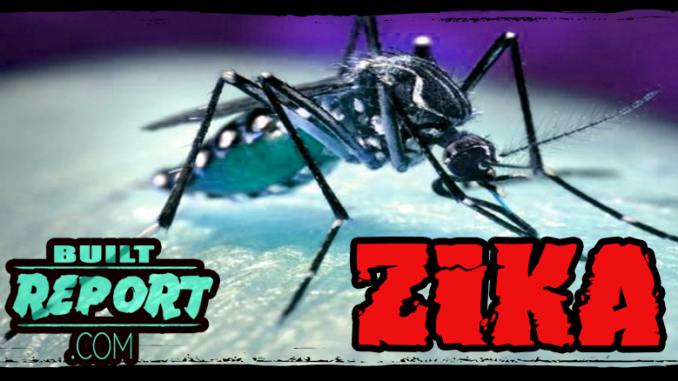
Jurassic Gorilla https://jurassicgorilla.com
Genetically Modified Mosquito Study Sparks Debate in Florida | Residents are raising concerns about a proposed study designed to lower the populations of the species known to spread Zika.
Scientists are battling Zika with genetically modified male mosquitoes that target insects that could spread the virus. Key West Florida is a scheduled test area for the release of GMO mosquitoes. Residents feel like “lab rats” and concerned about unintended consequences. Scientists working on the Zika eradicating GMO mosquitoes say their efforts have already been successful in other countries. The modified mosquitoes are designed to die two days after their release. Watch the video for the full story.
CDC information on Zika Virus
Zika virus disease (Zika) is a disease caused by the Zika virus, which is spread to people primarily through the bite of an infected Aedes species mosquito. The most common symptoms of Zika are fever, rash, joint pain, and conjunctivitis (red eyes). The illness is usually mild with symptoms lasting for several days to a week after being bitten by an infected mosquito. People usually don’t get sick enough to go to the hospital, and they very rarely die of Zika. For this reason, many people might not realize they have been infected. However, Zika virus infection during pregnancy can cause a serious birth defect called microcephaly, as well as other severe fetal brain defects. Once a person has been infected, he or she is likely to be protected from future infections.
Zika virus was first discovered in 1947 and is named after the Zika Forest in Uganda. In 1952, the first human cases of Zika were detected and since then, outbreaks of Zika have been reported in tropical Africa, Southeast Asia, and the Pacific Islands. Zika outbreaks have probably occurred in many locations. Before 2007, at least 14 cases of Zika had been documented, although other cases were likely to have occurred and were not reported. Because the symptoms of Zika are similar to those of many other diseases, many cases may not have been recognized.
In May 2015, the Pan American Health Organization (PAHO) issued an alert regarding the first confirmed Zika virus infection in Brazil. On February 1, 2016, the World Health Organization (WHO) declared Zika virus a Public Health Emergency of International Concern (PHEIC). Local transmission has been reported in many other countries and territories. Zika virus will likely continue to spread to new areas.
Specific areas whereZika is spreading are often difficult to determine and are likely to change over time. If traveling, please visi the CDC Travelers’ Health site for the most updated travel information.





Be the first to comment